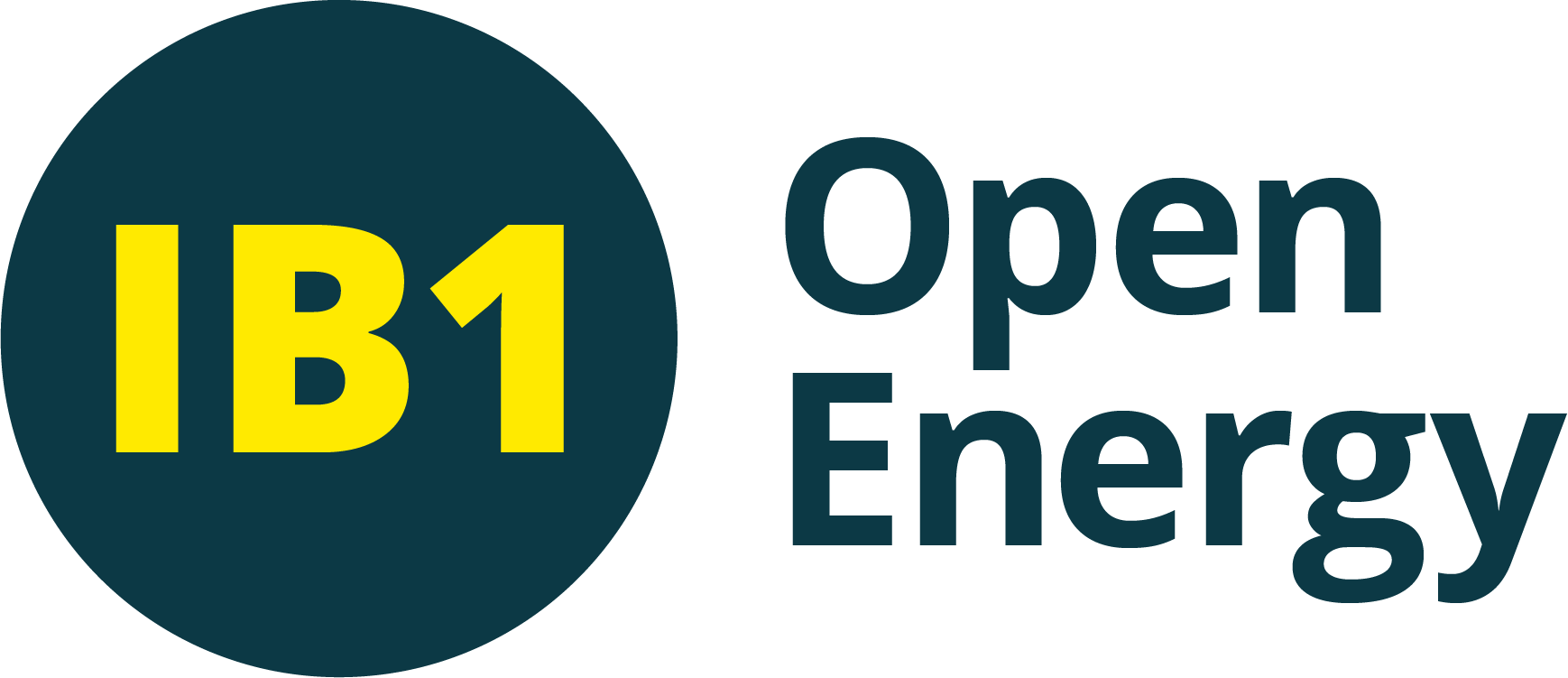Icebreaker One, working in partnership with power company SSEN Transmission, has won UK Government funding for a project to help energy networks use meteorological data to prepare for extreme weather and improve the resilience of the UK’s energy network.
The NIMBUS project will explore how meteorological data can be made available to energy networks to improve their efficiency, security and resilience.
The project has won funding from Ofgem’s Strategic Innovation Fund.
Weather conditions have a major impact on power networks, with the potential to disrupt electricity supply to customers and damage infrastructure like pylons, power lines and substations.
Better access to real-time weather data will help networks manage their response during weather events. In the long-term, a range of meteorological data will help them make the network more resilient to the changing climate, by upgrading or adapting the infrastructure most at risk from extreme weather.
It comes as this week’s report from the global authority on climate science, the UN’s IPCC, warned that extreme weather caused by climate change is accelerating.
Last month, Storm Eunice left more than a million homes across the UK without power.
Better weather data could also help energy networks integrate more renewable energy technology, like wind, solar and tidal, and battery storage, helping them to reduce greenhouse gas emissions.
The project’s discovery phase will explore what data energy networks need, and how they’re likely to use it to reduce emissions and make the UK’s power networks more resilient. It will also quantify the positive impact on the UK’s millions of energy customers if access to weather data is improved.
Gavin Starks, Founder and CEO of Icebreaker One, said: “Improving access to the UK’s weather data is a huge step forward on our road to net zero.
“Energy networks need access to detailed, accurate meteorological data to prepare for weather events and integrate renewable technology in the right places and at the right times. It’s part of making sure our energy networks are prepared to adapt to climate change, and stop it getting worse.
“Meteorological data is a vital part of the web of net zero data that Icebreaker One is developing. We need to connect, not collect, data if we’re going to be successful at tackling climate change on the scale we need.
“The stark warnings from climate scientists are clear: we are not yet on track to slow down climate change, extreme weather events are more frequent and more serious, and we need to reduce emissions drastically. At the same time, we need to prepare and adapt to the enormous impacts of climate change.
“We’re delighted to be working alongside SSEN Transmission and Ofgem’s Strategic Innovation Fund on this project.”
This project is funded by energy network users and consumers through the Strategic Innovation Fund, a programme from the UK’s independent energy regulator Ofgem managed in partnership with Innovate UK.
See the full list of Strategic Innovation Fund projects here.
